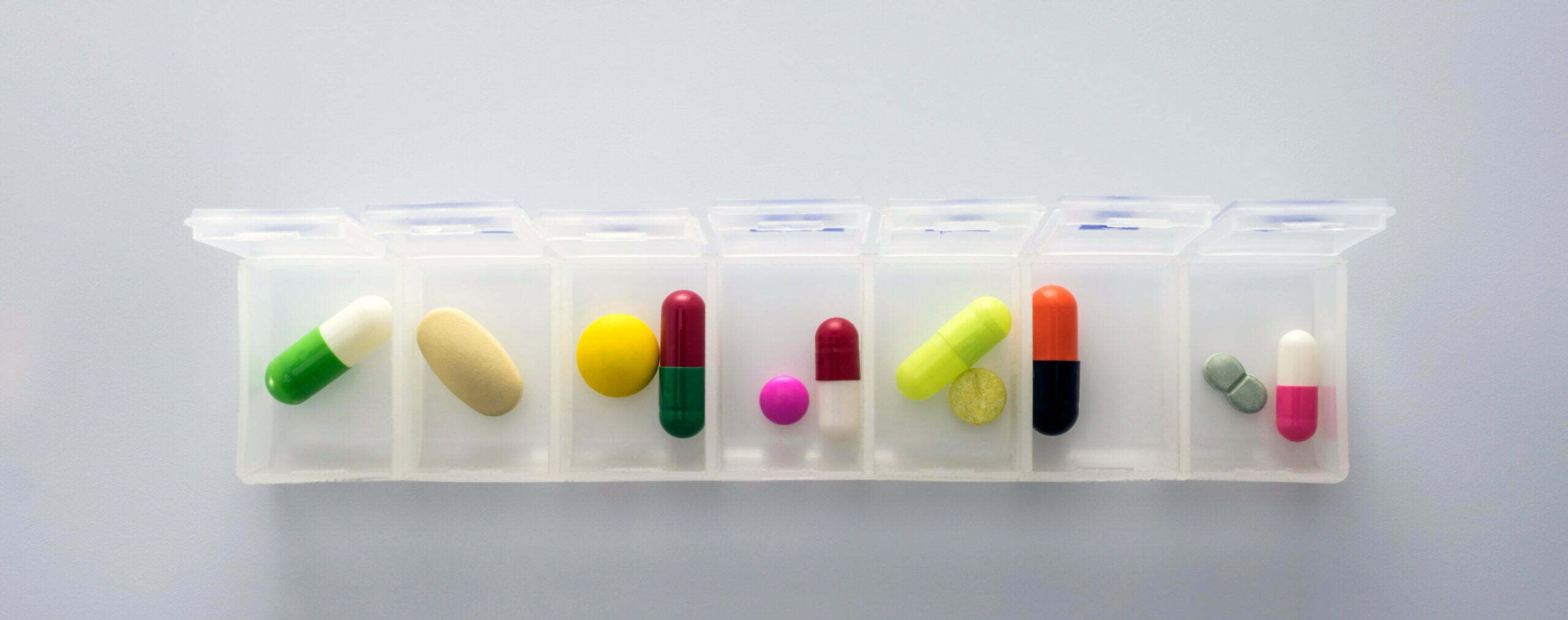For most people, the beginning of March means spring cleaning — but have you ever thought of spring cleaning your medicine cabinet? It is important to remember that just like milk, cheese, and other foods, your medications have an expiration date too.
Since 1979, the U.S. Food and Drug Administration (FDA) has required an expiration date on prescription and over-the-counter medications, which reflect the time period during which the product is known to remain stable, which means it retains its strength, quality, and purity when it is stored according to its labeled storage conditions.1
It is easy to locate your medication’s expiration date; this will be printed on the label or stamped on the bottle in some fashion, sometimes following “EXP.”
What Would Happen if You Took an Expired Medication?
Medications contain active ingredients that degrade and become less effective over time. There are various potential hazards that could result from taking an expired medicine or one that may have degraded because it was not stored properly. If a drug has degraded, the patient may not receive the intended benefit because the medication’s strength has now decreased. Secondly, when a drug degrades it may produce toxic compounds that could cause unintended side effects. Patients with serious and/or life-threatening diseases may be particularly susceptible to potential risks from expired or degraded medications.
Proper Storage is Key
To ensure your medications stay safe and effective up until their expiration date, it is crucial to read the medication label and follow any specific storage instructions. A common rule of thumb is to store medications in a cool, dry place such as cabinets outside your bathroom, shelves, or drawers. Certain medicines, however, may need to be stored in the refrigerator and not be exposed to high temperatures. Improper storage can lead to reduced effectiveness in medicines that have not yet reached their expiration date.
The Bottom Line
It is simply not safe to take expired medications, as once the expiration date has passed, it is not guaranteed the medication will safely work as it was intended to. Failing to dispose of expired medications, specifically opioids, can contribute to children and adolescents misusing medications they find in their parent or guardian’s medicine cabinet. In 2019, the U.S. Poison Control Centers received 177,068 calls regarding medication or toxin exposure in 13- to 19-year-olds.2
If you have expired medications and are unsure of how to get rid of them, read our recommendations for safe at-home medication disposal. On that note, let the spring cleaning commence!
- https://www.fda.gov/drugs/pharmaceutical-quality-resources/expiration-dates-questions-and-answers
- Gummin DD, Mowry JB, Beuhler MC, et al. 2019 annual report of the American Association of Poison Control Centers’ National Poison Data System (NPDS): 37th annual report. Clin Toxicol (Phila). 2020;58(12):1360-1541. doi:10.1080/15563650.2020.1834219




